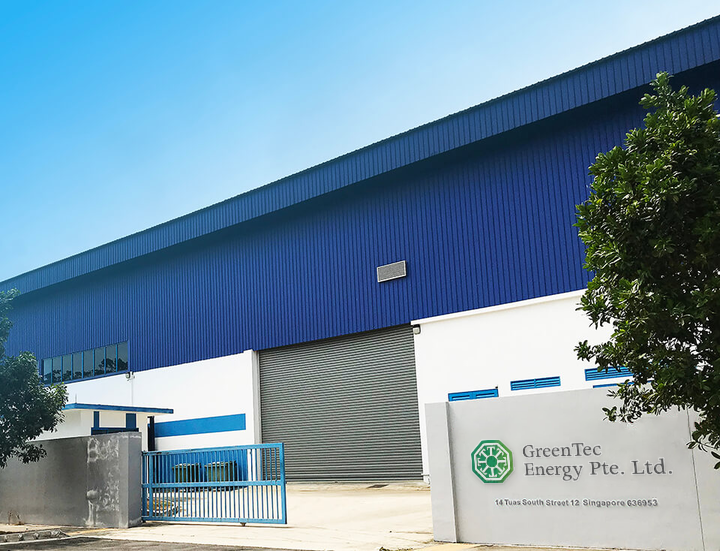Best Practices for Waste Oil Management
April 8, 2021

When oil becomes waste, the various types of oil and their properties, which may have changed during use, determine how it is classified. Nonetheless, waste oil is generally defined as any petroleum-based or synthetic oil that has become unsuitable for its original purpose due to the presence of impurities or the loss of original properties due to contamination.
The most common waste oils, which are derived from fuel or lubricant, are derived from petroleum oil, also known as mineral oil. Some lubricants may contain synthetic components as well.
Waste oil is harmful to the environment, and some, such as used engine oils, can be carcinogenic and cause cancer, so it must be handled with care. To effectively manage waste oil, you must follow Health and Safety guidelines as well as environmental regulations.
Waste Oil Management Requirements
Depending on where and how your waste oil was produced, there are different legal requirements for how it should be managed. Mineral oil waste is classified as hazardous and toxic waste. As a result, these may be subject to additional legal requirements.
Waste oil legislation governs the storage, transport, recovery, and disposal of all waste oil generated by or collected from an industrial or commercial business activity. It is a legal requirement to keep waste oil separate from other waste.
Safe Waste Oil Storage
Before deciding to store your waste oil, it is critical to ensure that your waste oil storage is strong and secure so that the oil waste does not leak and cause pollution before it can be disposed of. First and foremost, you must ensure that the waste oil storage container meets the legal minimum.
Keep all waste oil in secure areas that are vandal-proof and flood-proof once it has been safely stored.
Disposal for Waste Oils
Different types of waste oil require different disposal methods. For example, if the waste oil you are disposing of is lubricating oil from a vehicle, make sure it is securely placed in a container with no leakage and a secure lid. Pouring oil down the drain or onto the ground is never a good idea.
You must be aware of the risk of fire or explosion if you have waste fuel to dispose of. Never try to dispose of waste fuels yourself; instead, seek advice from a local waste disposal expert. It will be more helpful if you can describe your waste oil as precisely as possible, as well as how much of it you have. Is it gasoline or diesel? Or perhaps a combination?
If you put the wrong fuel in your car, don't start it; this could cause serious engine damage. For assistance and advice, contact your local garage or a motoring expert. Do not attempt to drain fuel on your own; this is a job for professionals.
Packaging
If you've emptied an oil-containing bottle or can, turn it upside down to ensure you get the most oil out of the container. Then, as long as the container bears a recycling symbol, you should seek advice from your local government. The availability of facilities for recycling empty oil containers varies by municipality.
Many municipal governments have a collection tank for used or waste oil at their recycling centre. There is sometimes a collection point for empty oil containers near this waste oil tank so that they can be recycled separately.
Disposal for Businesses
If you produce or store waste, collect or transport waste (carrier), or receive waste for recovery, recycling, or disposal as a waste receiver, you must comply with legal requirements (consignee).
Waste mineral oil and waste cooking oil may still have some value; however, this varies. Companies provide collection services because they can be treated to recover valuable components or used as fuel at authorised sites in some parts of the country.
If you are unsure about the rules that apply to your business, please don’t hesitate to contact us to know more about how you can properly manage your waste oil.
 GreenTec Energy Pte Ltd (GTE) is a waste management company located in Tuas, Singapore.
GreenTec Energy Pte Ltd (GTE) is a waste management company located in Tuas, Singapore.
Our service includes Industrial waste, Oily waste, Marine waste.
To provide a hassle free solution to our customer is always the key approach and to ensure a win-win situation towards. As a NEA approved environmental company in Singapore, we take all our services seriously and to ensure maximum safety with compliances applied. Every step of our disposal processes are also designed to meet NEA & SCDF requirements, with latest treatment facilities and laboratories to test and treat all incoming waste before disposal.
GTE operates a total land area of about 100,000sqft at 14 Tuas South Street 12 Singapore 636953. With our comprehensive logistics and transportation fleet, we provide prompt and efficient services in transportation of waste to our premises.



